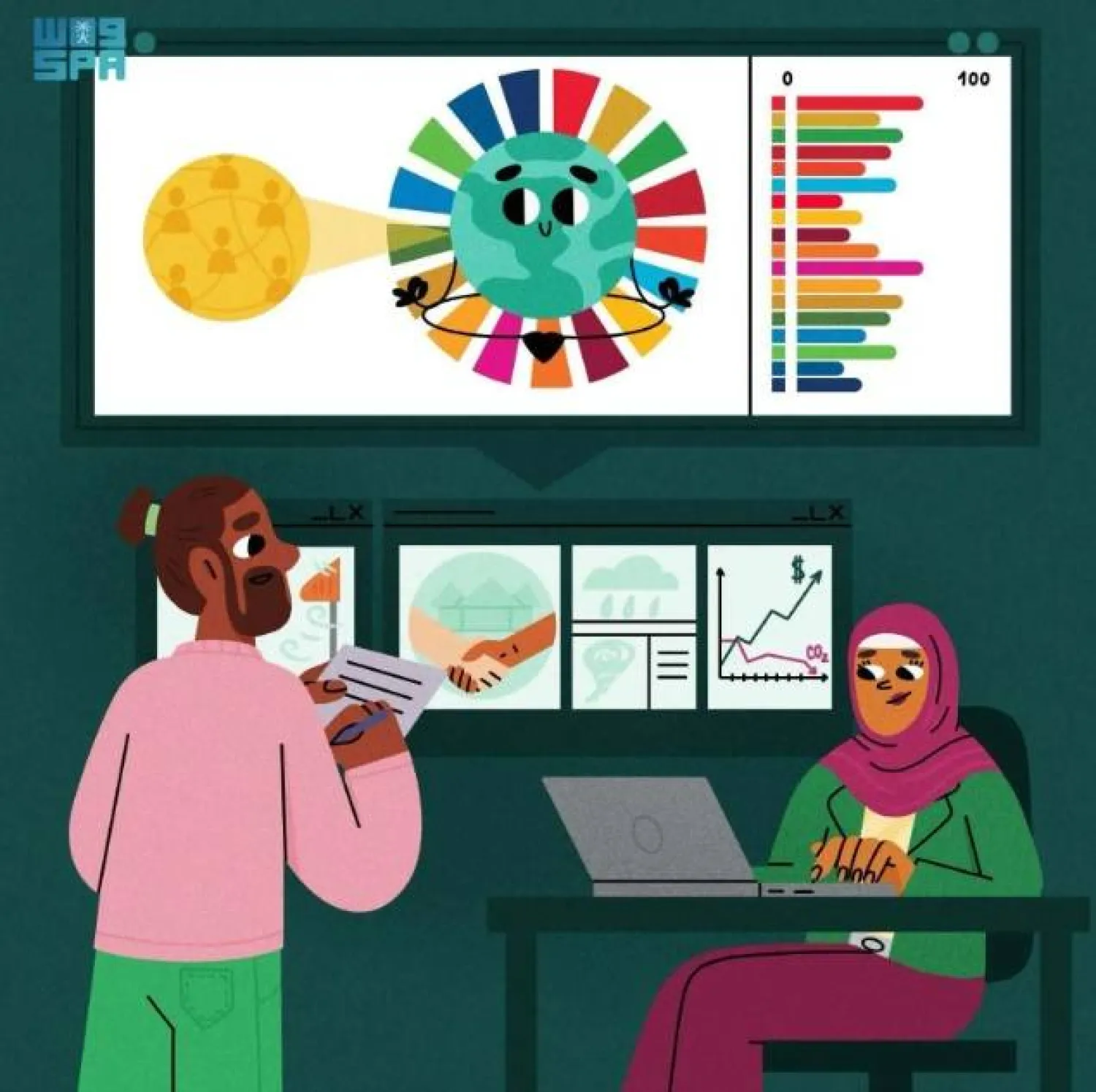King Abdullah University of Science and Technology (KAUST) launched its first educational initiative designed to enhance scientific and sustainability literacy for children, underscoring the critical role of science in achieving the UN Sustainable Development Goals (SDGs).
The initiative was launched in partnership with the United Nations Development Program (UNDP) office in the Kingdom and "Frontiers for Young Minds," an open-access scientific journal dedicated to children.
The initiative, titled "The SDG Collection: How Science Can Help Us to Achieve the Sustainable Development Goals," includes a series of articles on each of the 17 SDGs and will be published in Frontiers for Young Minds.
The initiative builds upon previous partnership efforts between KAUST and the journal, which included a collection of scientific articles tailored for children and translated into Arabic. It made complex scientific concepts easily accessible and appealing to Arabic-speaking children worldwide.
The project aligns with Saudi Vision 2030, which emphasizes the role of sustainable research in stimulating social and economic development, and inspiring future generations to achieve sustainable development.
KAUST Professor of Practice of Sustainability and Head of Sustainability Ana Margarida Costa indicated that the initiative reflects the university's utilization of science and educational programs to address global challenges.
Through these scientific articles about SDGs collection, the aim is not only to educate young minds but also to inspire them to take concrete actions for a sustainable world, said Costa.
“The collection, edited by KAUST experts, will feature contributions from KAUST's diverse pool of researchers and will leverage an in-person, interactive, peer-review process involving students from local schools, including the KAUST School (TKS),” Costa added.
KAUST Enrichment for Youth Director Nicki Talbot, currently leading the engagement with TKS, emphasized that the initiative allows children to participate in reviewing research papers authored by KAUST researchers, which is a wonderful example of the university's commitment to empowering and educating youth.
Talbot also pointed out that it would involve the inclusion of new audiovisual materials, such as talk shows and interviews with authors led by students, to bridge the gap between researchers and children.
Talbot noted that the initiative’s translation into Arabic would improve its accessibility, ensuring that children throughout the Kingdom and the Arab region can fully benefit from this educational resource aimed at raising awareness about the global sustainable development agenda.









